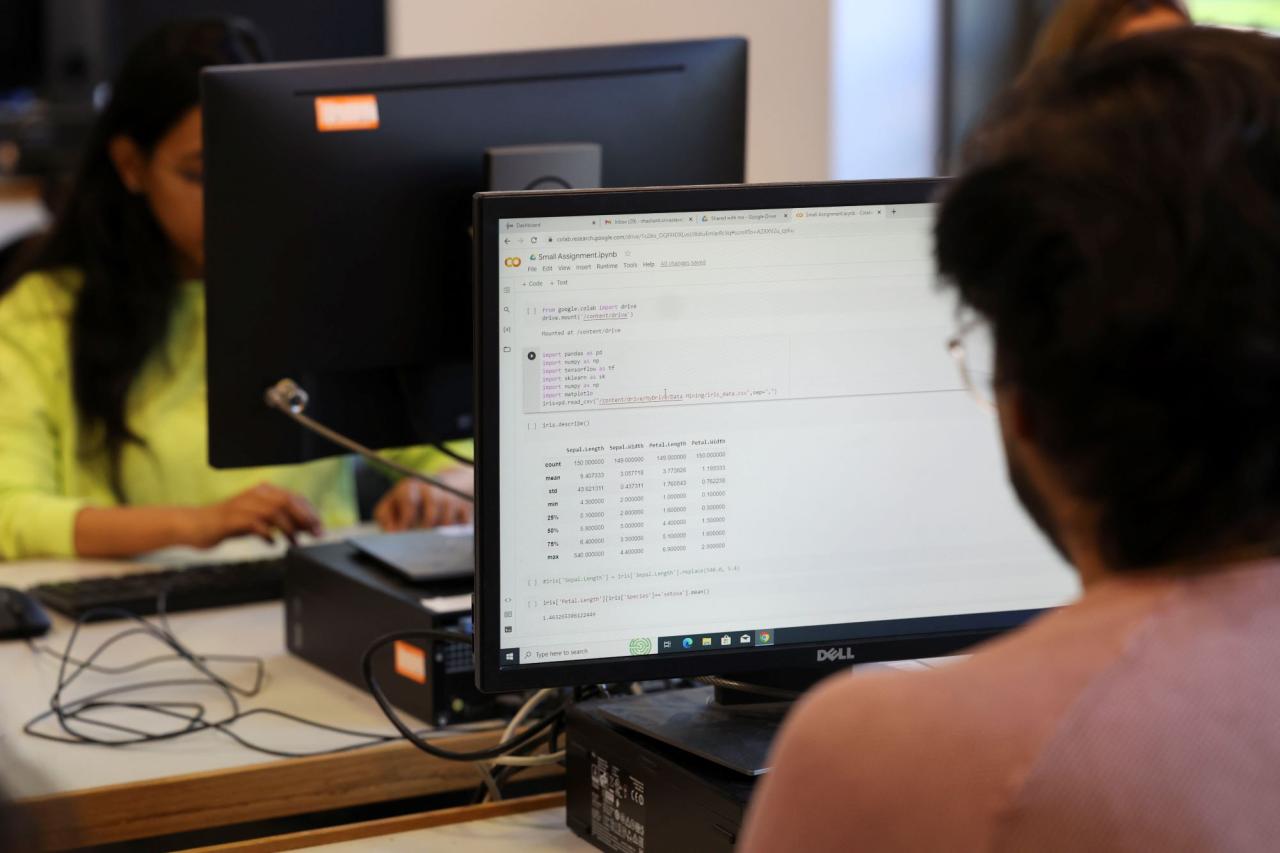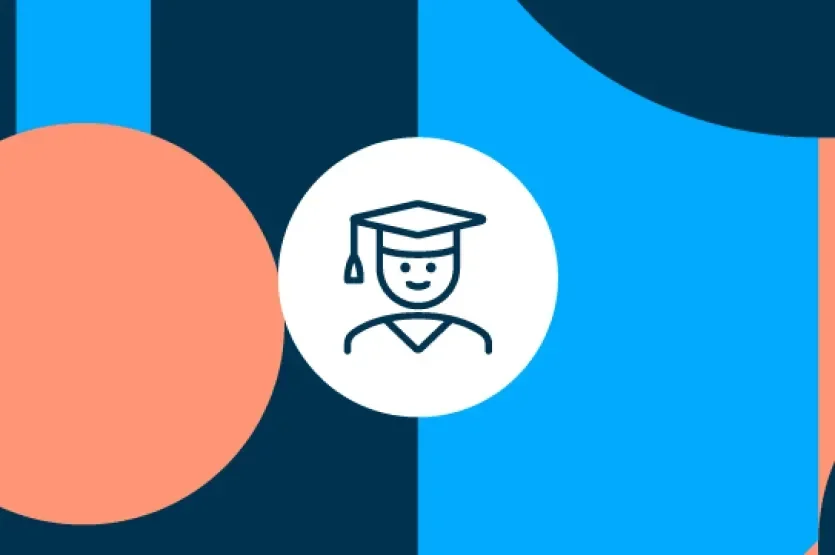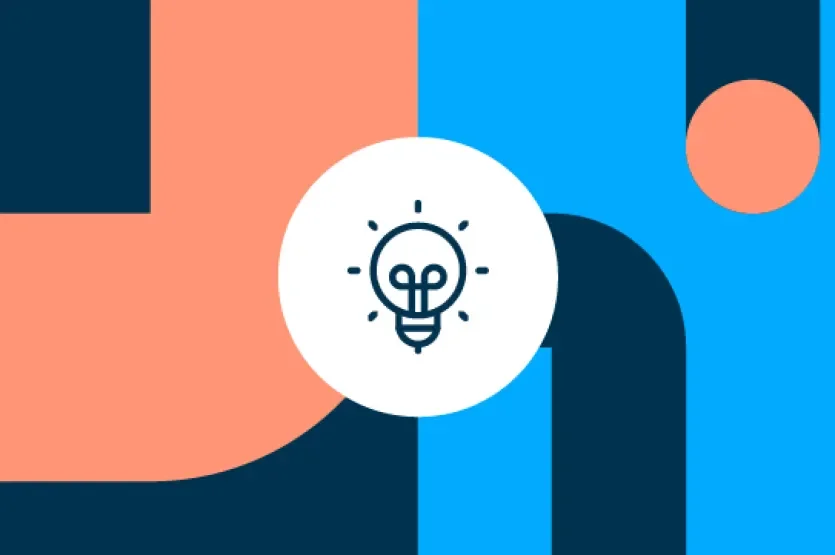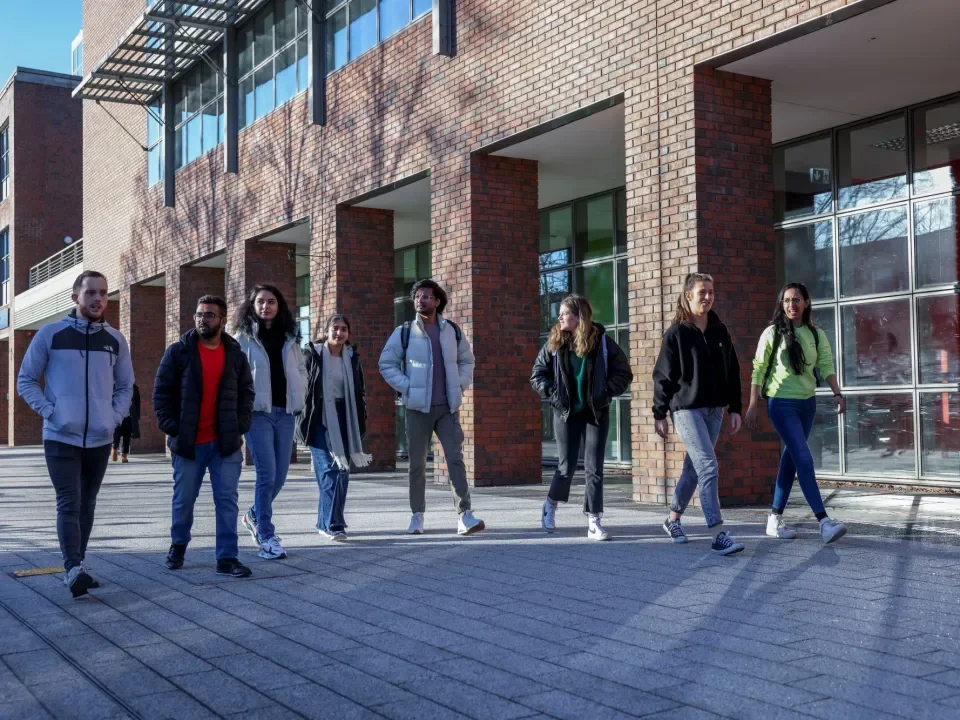Overview
In today's ever-evolving technological landscape, staying up-to-date with the latest advancements is crucial for engineering professionals.
The field of electronic and computer engineering is constantly evolving, with new technologies and innovations emerging at a rapid pace. However, having the time, support and opportunity to take on a full Master’s programme to gain the necessary upskilling is often not possible. At DCU we have a solution to support your flexible, part-time, short-form learning needs.
The Single Module Programme offered by the Faculty of Engineering and Computing at DCU provides a valuable opportunity for continuing engineering education.
Students can choose from a selection of high-quality taught modules from the School of Electronic Engineering, which are available both on-campus and online.
These modules focus on the latest developments in electronic systems and computer engineering, making them highly relevant for career advancement.
The programme is designed to meet the needs of professionals seeking further development or those interested in transferring to other postgraduate engineering programmes at our institution. Some examples of module areas include Computer Vision, Nanoelectronics, Photonics, Connected Embedded Systems, Security for IoT Networks, and Bioelectronics.
Why DCU
DCU People
Careers & Further Options
Careers
Students can take individual modules to upskill their knowledge in Electronic and Computer Engineering, thereby giving themselves the opportunity to advance their career or pursue additional education. Credits from these modules can be used to secure an MEng in Electronic and Computer Engineering.
Entry Requirements
This non-award programme allows applicants from diverse educational and/or employment backgrounds to access Level 8 and Level 9 modules with applications evaluated on a case by case basis.
* Due to the specialist nature of this programme, additional criteria may be used to assess suitability to undertake this programme. For further information, please contact the Programme Chair using the contact details above
Non-EU Applications
Candidates who are non-native speakers of the English language must satisfy the university of their competency in the English language. For further information on international applications click here. Additionally non-EU nationals who require a study visa to enter Ireland are ineligible to apply for part time programmes.
Programme Structure
This flexible programme allows students to take specific postgraduate level modules to enhance their knowledge in Electronic and Computer Engineering. This allows them to progress in their careers or further pursue education opportunities. The Single Module programme has two intakes per academic year: September and January.
Students can choose between a wide range of modules, some of which include;
- Introduction to Engineering Management
- 3D Interface Technologies
- Introduction to Programming
- Mechanics of Search
- Entrepreneurship for Engineers
- Data Management and Visualisation
- Data Analytics and Data Mining
- Machine Learning
- Cloud Systems
- Blockchain: Basic and Applications
- Energy System Decarbonisation
- Web Application Development
- Bioelectronics
- Wireless and Mobile Communications
- Advance Manufacturing for Industry 4.0
- Network Performance
Fees and Funding
How To Apply
To apply for the January 2024 intake, please click here.
To apply to the September 2024 intake, please click here.
Here's a quick step by step guide if you need help with your application.
• Please provide certified Academic Transcripts for each and every year of study to date, with certified English translations if applicable
• Personal statement.
• If applicable, evidence of competence in the English language as per DCU entry requirements. Please see link http://www.dcu.ie/registry/english.shtml
Application Deadlines
Applications will be accepted on a rolling basis until the programme is full or until the following dates:
- Closing date for DC809 (Jan) is 1st December 2023
- Closing date for DC808 (Sep) EU applications 30th August 2024
- Application are now closed for Non-Eu applicants
Queries
Queries from EU applicants should be directed to postgraduateadmissions@dcu.ie
Queries from non-EU applicants should be directed to internationaladmissions@dcu.ie
Commencement of Programme
- DC808 commences in September 2024.
- DC809 commences in January 2024.
Life On Campus
At DCU, our students can expect a unique campus experience. We are known for our excellent teaching and learning facilities, our active clubs and societies, and our great social and sporting facilities. All this makes DCU an exciting place to be.
DCU has three academic campuses; Glasnevin, St. Patrick’s and All Hallows (both in Drumcondra), all close to Dublin City centre.
They can be reached by public transport, Dublin Bus and Bus Éireann, with our Drumcondra campuses a ten minute walk from Drumcondra Train Station. Glasnevin is a 20 minute walk from St Patrick’s and All Hallows. They are also linked by Dublin Bus.
Each campus has a library (O’Reilly, Cregan and Woodlock Hall), study spaces, restaurants, and on-campus residencies. There are sports facilities on Glasnevin and St. Patrick’s, and there is a dedicated sports campus, St Claire’s, located near Glasnevin on the Ballymun Road.
DCU’s 19,000 students have access to exceptional teaching and learning facilities across our three academic campuses.
These include modern learning theatres, research centres, a new media and TV studio, radio/podcast studios, computer suites and advanced labs in the areas of Languages, Engineering, Physics, Chemistry and Biotechnology, as well as a Sports Performance centre and a training hospital ward. In 2021, we opened our first virtual reality ‘Leadership Lab’, which is located in our Business School.
We continue to improve and update our facilities. For example, construction of a new world-class STEM facility is underway on the Glasnevin campus. With capacity for an extra 3,000 STEM students, this facility will advance DCU’s international reputation for excellence in science and health, computing and engineering disciplines.
Studying in DCU isn’t just about course work. The university is rich in student life and activities.
There are more than 140 clubs and societies for students in DCU, with ‘Clubs & Socs’ days taking place on both the Glasnevin and Drumcondra campuses at the start of the academic year. They span everything from rugby to rock climbing, anime to jazz.
For many students, sport is an important part of the DCU experience. DCU’s Sports Complex boasts a 25 metre swimming pool, fitness centre gym, all-weather pitches and squash courts, as well as soccer, GAA and rugby pitches. DCU Dóchas Éireann, the university’s GAA club, is the largest third level Gaelic Games club in the country. Meanwhile, DCU Athletics has been Ireland’s highest achieving university club for many years. And DCU has dozens of other clubs to get involved in, from Archery to Weightlifting.
The Glasnevin campus is home to our purpose built, state-of-the-art student centre, The U, which serves the needs of a rapidly growing student body. Here, you will find the Student Leadership and Lifeskills Centre, performing arts and cultural spaces for students and the wider community, and the Entrepreneurship and Innovation Hub. Also located on our Glasnevin campus is The Helix, our renowned performing arts centre.
On our St Patrick’s campus, we have the Java Student Hub, a vibrant, warm and welcoming space where students can meet for coffee, play music, use the projector to watch events, or just relax. The walls of the Java Hub were designed based on the cultural history of St Patrick’s Campus, including the special references to the notable sporting history and history of the arts.
We have a number of academic, professional and social supports for students.
Student Advice & Learning Skills Centre - Offers a wide range of supports and services to students and advice
The Writing Centre - drop-in writing workshops for students through the academic year
Maths Learning Centre - provides maths support for students of all ability levels with maths modules
Student Learning - facilitate the transition from passive to active learning for students at DCU, by teaching study skills, nurturing critical thinking and building student confidence.
Careers work with students to help them on their professional journey into graduate employment.
Our student support team offers a comprehensive support programme, helping students make that all important transition into university life and focusing on building confidence and skills which are key to success at third level.

DCU Glasnevin Campus
FAQs
Is DCU all one campus?
DCU is a multi campus university - the Glasnevin, St Patrick's and All Hallows campuses. The St Patrick's campus is where the Education courses are taught and some of the subjects from the BA Joint Honours degree. There is a 20-25 minute walk between the campuses but there are buses and bikes available to go between them also.
Click here to see maps of all of our campuses
If I'm studying on the St Patrick's campus, can I use the library and sports centre on the Glasnevin campus?
Yes, all facilities such as sports and accommodation are open for all DCU students to avail of.
Are there libraries in DCU and if they have wifi and work stations?
We have a brand new state of the art four floor library on our St. Patrick's Campus which complements the existing library on the Glasnevin campus. There is free wifi, work stations as well as desktop computers.
Does DCU provide accommodation?
DCU does have on-campus accommodation for undergraduate and postgraduate students, and you can find out more and apply via the Accommodation Office webpage.







